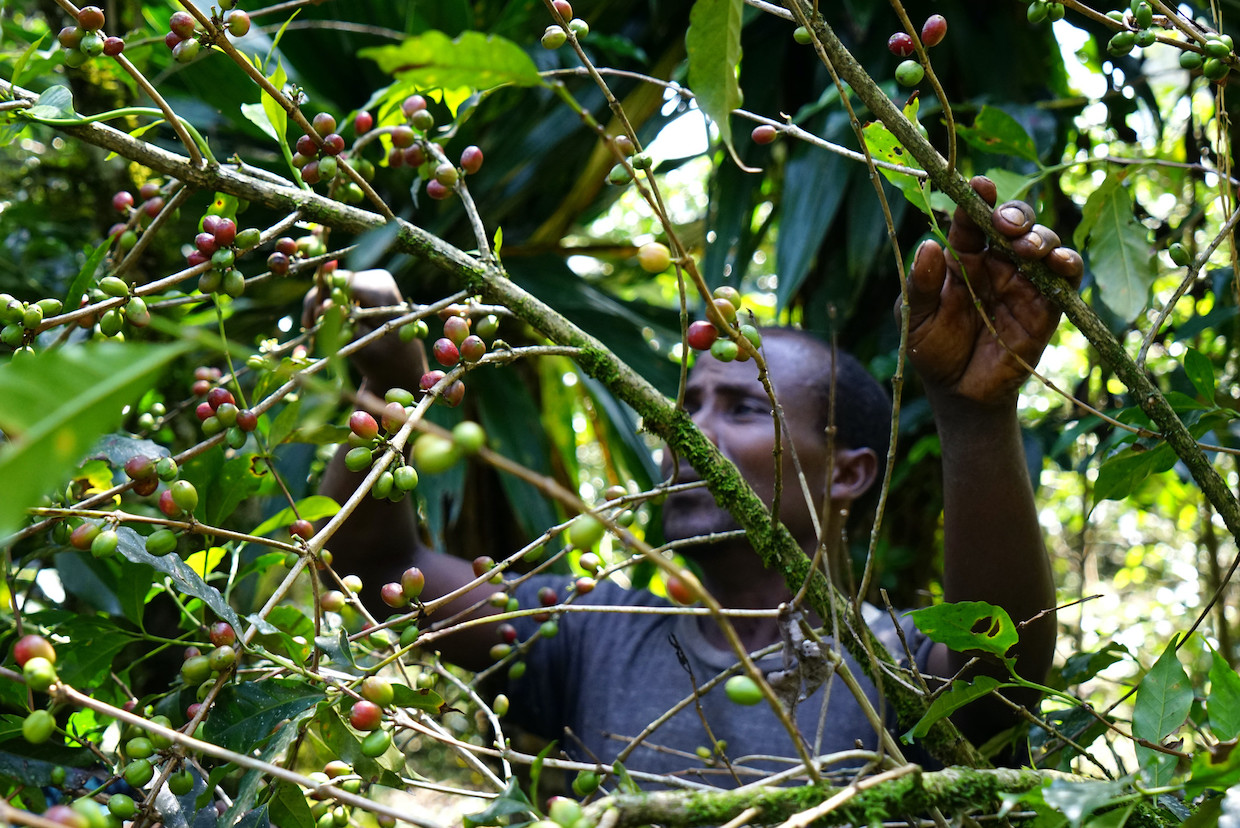
"Key outcomes included a 43% reduction in the average annual deforestation rate within the project region alongside a 33% increase in household income (18% when adjusted for inflation)."
"According to the group, the results demonstrate that environmental protection and economic development can indeed go hand in hand while improving local food supplies."
"The initiative involved training, infrastructure building and market connections to support community-based businesses in producing coffee and other forest-compatible products like honey, vegetables and tree seedlings."
"A key initiative within the project was to strengthen 'forest coffee' production, which involved helping six PFMCs."
Coffee cultivation in agroforestry systems offers notable advantages compared to traditional methods, including environmental protection and enhanced economic conditions. A project in Ethiopia's Oromia region demonstrated a 43% reduction in deforestation and a 33% increase in household income. Collaborating with 19 Participatory Forest Management Cooperatives, the initiative provided training and infrastructure development to promote sustainable production. This included forest coffee as well as other products. The outcomes align with upcoming European legislation aimed at reducing deforestation in coffee supply chains.
Read at Daily Coffee News by Roast Magazine
Unable to calculate read time
Collection
[
|
...
]